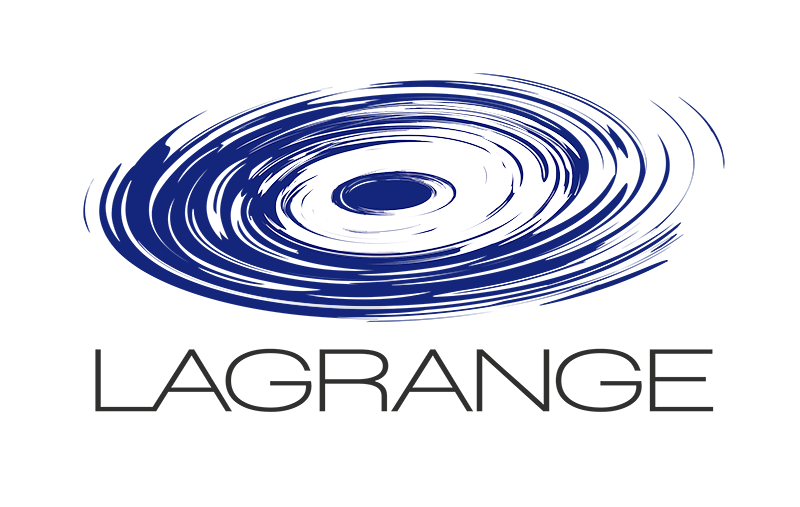Deadline June 30 2021
Project description
Evolved cool stars are major cosmic engines, providing strong mechanical, chemical, and radiative feedback on their host environment. Through strong stellar winds, still poorly understood, they enrich their environment with chemical elements, which are the building blocks of planets and life. These objects are known to propel strong stellar winds that carry the mass and angular momentum of the stars' surfaces at speeds that vary with stellar brightness, evolution phase and chemical composition. A complete understanding of their evolution in the near and distant Universe can only be achieved with a detailed knowledge of wind physics across the life cycle of these stars as well as in relation to their circumstellar environment. Our project PEPPER, funded by ANR (Agence Nationale de la Recherche), aims at building a coherent and comprehensive description of the mass-loss mechanism thanks to stateof- the-art global dynamical simulations, in full 3D geometry. PEPPER includes several nodes in France (Lagrange-Nice, LUPM-Montpellier, IRAP-Toulouse, LAB-Bordeaux, and LESIA-Paris) which represent all the national laboratories where stellar physics and, in particular, evolved stars are actively studied simultaneously from an observational, theoretical, or instrumental point of view.
The post-doctoral researcher will work at the Observatory of Côte d’azur (OCA, Nice, France) together with Dr. Andrea Chiavassa (Lagrange laboratory, OCA, Nice, France), and Dr. Bernd Freytag (Uppsala University, Sweden) on the computation/analysis of a new grid of evolved stars simulations including the magnetic field. These simulations are of paramount importance for the project. They will provide knowledge basis on mechanisms launching evolved stars winds, thanks to the magneto-convection processes. More information on project PEPPER can be found at https://lagrange.oca.eu/fr/welcome-to-anr-pepper
Requirements
The successful candidate should have a PhD degree or a foreign degree equivalent to a PhD degree in Astronomy or Physics.
By June, 30, enthusiastic candidates should send:
- a CV including a publication list (4 pages max),
- a statement of research interests (2 pages max),
- arrange for three letters of reference to be provided separately to andrea.chiavassa@oca.eu using « PEPPER postdoc » in the email header.
Additional qualifications
Candidates with practical experience with relevant numerical simulations (gas dynamics, radiative transfer), will be considered a merit and are strongly encouraged to apply.
Starting date
Later applications will be considered until the position has been filled. The nominal start date is Nov, 1, 2021 (negotiable).
Environment
The postdoctoral researcher will be working at the Observatoire de la Cote d’Azur (www.oca.eu), which hosts the Laboratoire Lagrange (astrophysics, https://
lagrange.oca.eu/fr/accueil-lagrange). Nice is a beautiful city along the Mediterranean Sea (French Riviera) at the foot of the Alps. The Observatory is located on a hilltop above the city with impressive views on all sides.
Further information can be found here: https://www.campusfrance.org/en/researcher
Included Benefits
Position is for two years. Net annual salary is set by national guidelines starting at 27600 € and it is commensurate with the level of experience. Included: National medical insurance, maternity/ paternity leaves, family supplement for children, participation to public transport fees, pension contributions. School is free in France for children above 3.
For further information and for submitting the application, please contact Dr. Andrea Chiavassa (andrea.chiavassa@oca.eu), CNRS researcher and PI of project PEPPER. First selection
will take place after the deadline (30/06/2021) with subsequent selections thereafter until the position has been filled.




